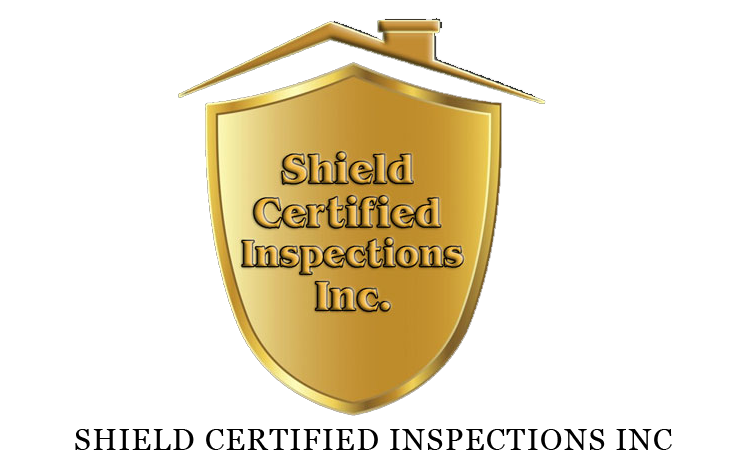What’s included in a home inspection?
A home inspection is an assessment of the home in the categories of function and safety for its clients. The home inspector inspects a home from the roof to the foundation, and the attic to the basement. The inspector produces a written report of the general condition of the home and garage at the time of inspection. This is a non-invasive limited visual examination, using normal operating controls. The report will state the systems and components inspected that, in the professional judgement of the inspector, are not functioning properly, significantly deficient, unsafe, or are near the end of their service lives. It will include Recommendations to correct, or monitor for future correction, or items needing further evaluation by a qualified or licensed professional. There will also be reasoning or explanation as to the nature of the deficiencies reported that are not self-evident. The systems and components, designated for inspection by our standards, that were present at the time of the inspection, but were not inspected, and the reasons they were not inspected.
Will a home inspector test for mold asbestos lead or radon?
During a standard home inspection, the inspector will not test for mold, asbestos, lead or radon. Testing for these conditions exceeds the scope of a home inspection, although many inspectors offer ancillary inspection services to cover these concerns. However, if the presence of these conditions is discovered during the inspection it will be recommended to the buyer that an evaluation by a company specializing in these potential hazards be contacted.
How do I pass a home inspection?
There is no pass or fail in a Home Inspection. The Inspector produces a report based on his findings with recommendations for repairs, replacement, and further investigation beyond the scope of an inspection. It is only the client’s decision to do anything that might be recommended to them.
Does the power need to be on for an inspection?
It would be best. During a standard home inspection, the inspector will test the electrical system, plumbing, and major components like the water heater and the HVAC. To adequately observe these systems under normal operating conditions, the power would have to be on. If the power cannot be turned on, the inspector may disclaim the affected systems and visually inspect the installation for obvious defects and unsafe conditions.
How long will the inspection take?
The average on-site inspection time for a single inspector is 2 to 3 hours depending on the condition and size of the property. Anything significantly less may not be enough time to perform a thorough inspection. Additional time may be needed for old residential homes and for very large properties.
Should I attend the inspection?
It is in the best interest of the client to attend the inspection so questions can be addressed in person. If you are unable to attend the inspection it is okay the report will have pictures and descriptive notes and the inspector will be available for any questions. We ask that the client(s) arrive about halfway through the inspection giving the inspector time to conduct all the necessary assessments.
Why get a home inspection if you’re buying “As Is”?
Buying a home “as is” can be a good deal, but you should still hire a home inspector to report on the general condition of the home. The condition of an “as is” home is still somewhat unknown to the buyer. After all, most buyers are not specially trained to inspect houses for defects, some of which can be hard to detect. Often, the required seller disclosure is missing information, occasionally people lie. A home inspection can give you a detailed and unbiased assessment that you can use when purchasing an “as is” home.
Why get a seller’s pre-listing inspection?
Your prospective buyers are most likely going to hire a home inspector, so it would be a good idea to hire an inspector to avoid any surprises. You will be able to see your home through the eyes of a critical and neutral third party. Having an inspection before listing permits you to make repairs ahead of time so defects won’t become negotiating stumbling blocks later and it may relieve prospects’ concerns or suspicions. It also reduces your liability by adding professional supporting documentation to your disclosure statement.
Do you offer to do repairs or improvements based on the inspection?
No. We do not offer to do any repairs or improvements. We will recommend you seek professional services in the area(s) required to complete these items for you.
How long will it take to receive the report?
My goal is to provide you with a full report the same day but will always be within 24 hours of the inspection.
Do you maintain membership in a professional home inspector association?
Yes. Memberships are held in InterNACHI, ASHI and Inspection Certification Associates.
Do you participate in continuing education programs to keep your expertise up to date?
Yes. Monthly continuing education training is done through InterNACHI and Inspection Certification Associates. One can never know it all, and the inspector’s commitment to continuing education is a good measure of his or her professionalism and service to the consumer. We value the need for continuing education so we can make sure we provide you with the most accurate and current assessment of your new dream home. We know this is especially important in cases where the home is much older or includes unique elements requiring additional or updated training.


